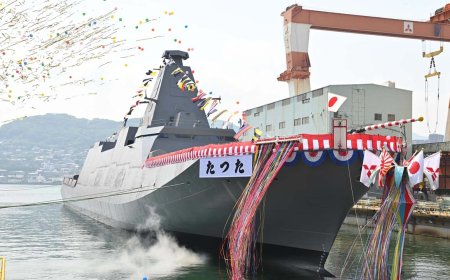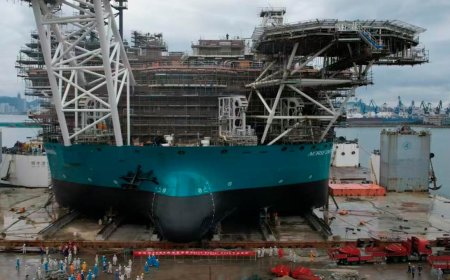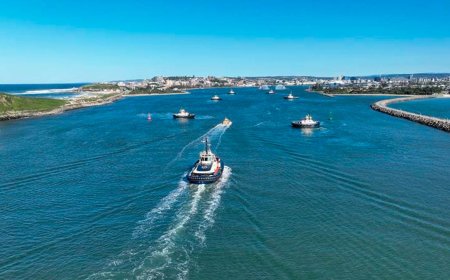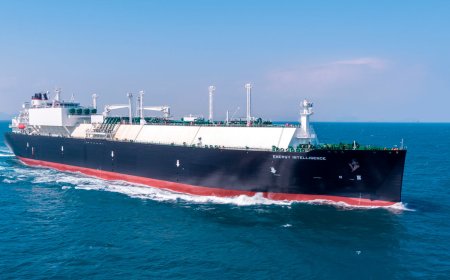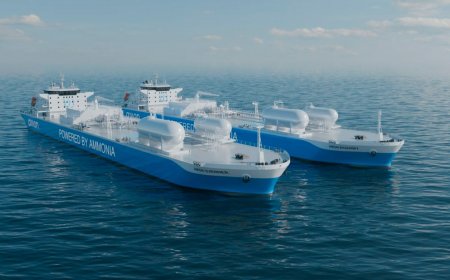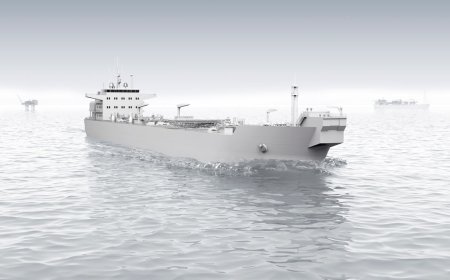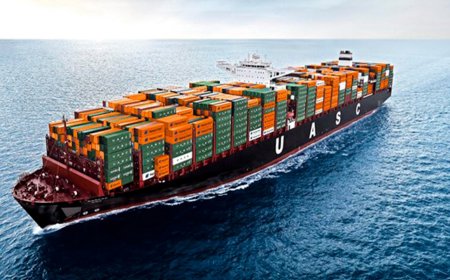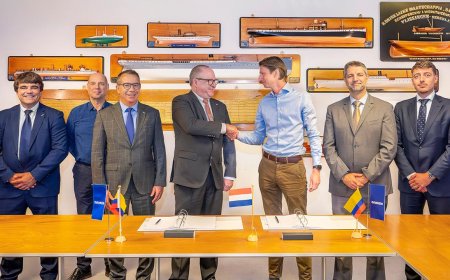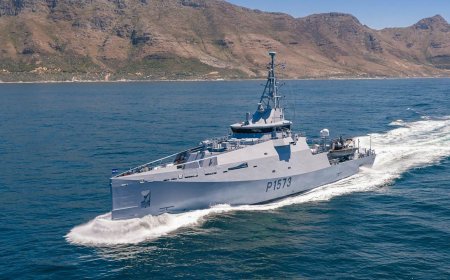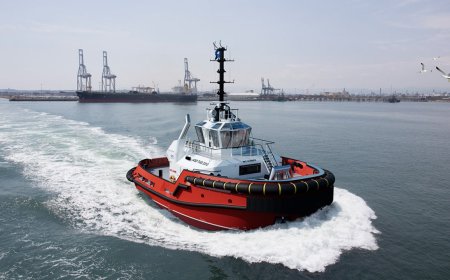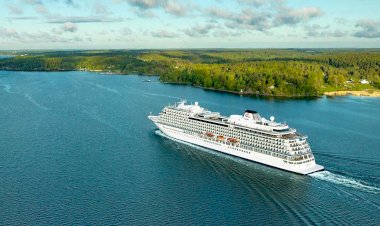DNV and KEPCO to develop zero-carbon offshore wind power for South Korea
Technical advisor DNV will support the development of an optimal design and network routing plan for integrating large-scale offshore wind into the power grid.
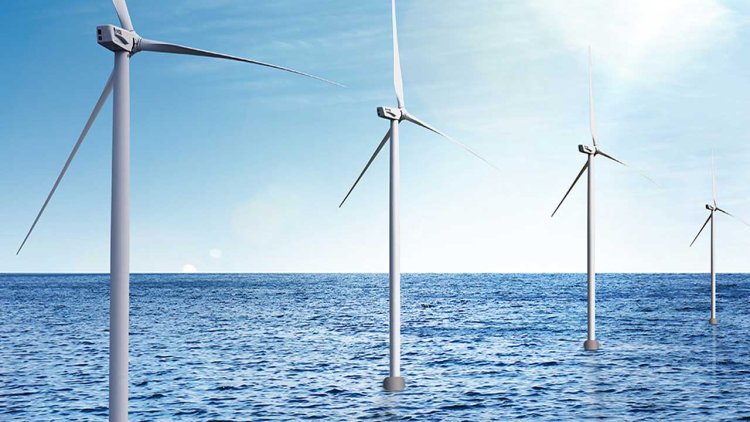
DNV is assisting KEPCO (Korea Electric Power Corporation) Research Institute in the development of a long-term offshore power grid plan to deliver renewable offshore wind power to South Korea. The project is scheduled for completion by mid-2025.
As technical advisor, DNV will develop a conceptual design and routing plan to enable the technically and economically optimal integration of large-scale offshore wind to the grid. Suitable analysis models of offshore network systems will be proposed in order to investigate the optimal topology and design standards for the offshore system.
South Korea has set a goal of deriving 20 percent of its power from renewable sources by 2030, and wind energy is a rapidly growing industry, supported by the policy ambition to grow the wind share of the country’s energy mix from 1% in 2015 to 6% by 2030 and various measures – including tax incentives.
In February 2021, the government presented an 8.2 GW and KRW48.5tn ($43.2bn) mega-project that, when completed in 2030, should become the world’s largest single offshore development. However, grid integration has to be worked on in parallel.
KEPCO aims to expand its network along the western coast of South Korea and deliver power from high capacity renewable Offshore Wind Farm (OWF) sites to key demand centres in the country’s capital, Seoul. The city houses around 10 million people, and nearly 26 million, half the country’s population, live in the greater Seoul area, which is also the country’s main industrial location.
DNV will develop system analysis models to study the design specification and optimal topology for gigawatt (GW) scale high-voltage direct current (HVDC) linkage technology to improve system acceptability and transferring capacity from OWF projects in the southwestern coast of the country. DNV will also estimate the costs of the proposed optimal integration plan to minimize the total investment needed for integrating OWFs into the onshore power grid.
DNV’s detailed work scope includes collecting and analysing offshore wind farm data; preparing a conceptual design of the power collecting element (bus) for the OWF; drafting functional specifications for AC/DC converter stations; analysing the impact of the offshore DC system to the onshore AC system; reviewing the relevant environmental and code limitations for the network routing and delivering a detailed design of the multi-terminal DC system including the converter topology, location and control/operational strategy.
Dr. Yang Byeong Mo, DNV’s project manager, said:
“The KEPCO HVDC Research project is increasing our expertise and experience in this growing market segment in South Korea. It has taken a year of detailed discussion with KEPCO to define and secure the work. The project scope requires close cooperation with our European power grids team, which will lead to technology improvements and boost local knowledge on renewables-grid integration in South Korea.”
